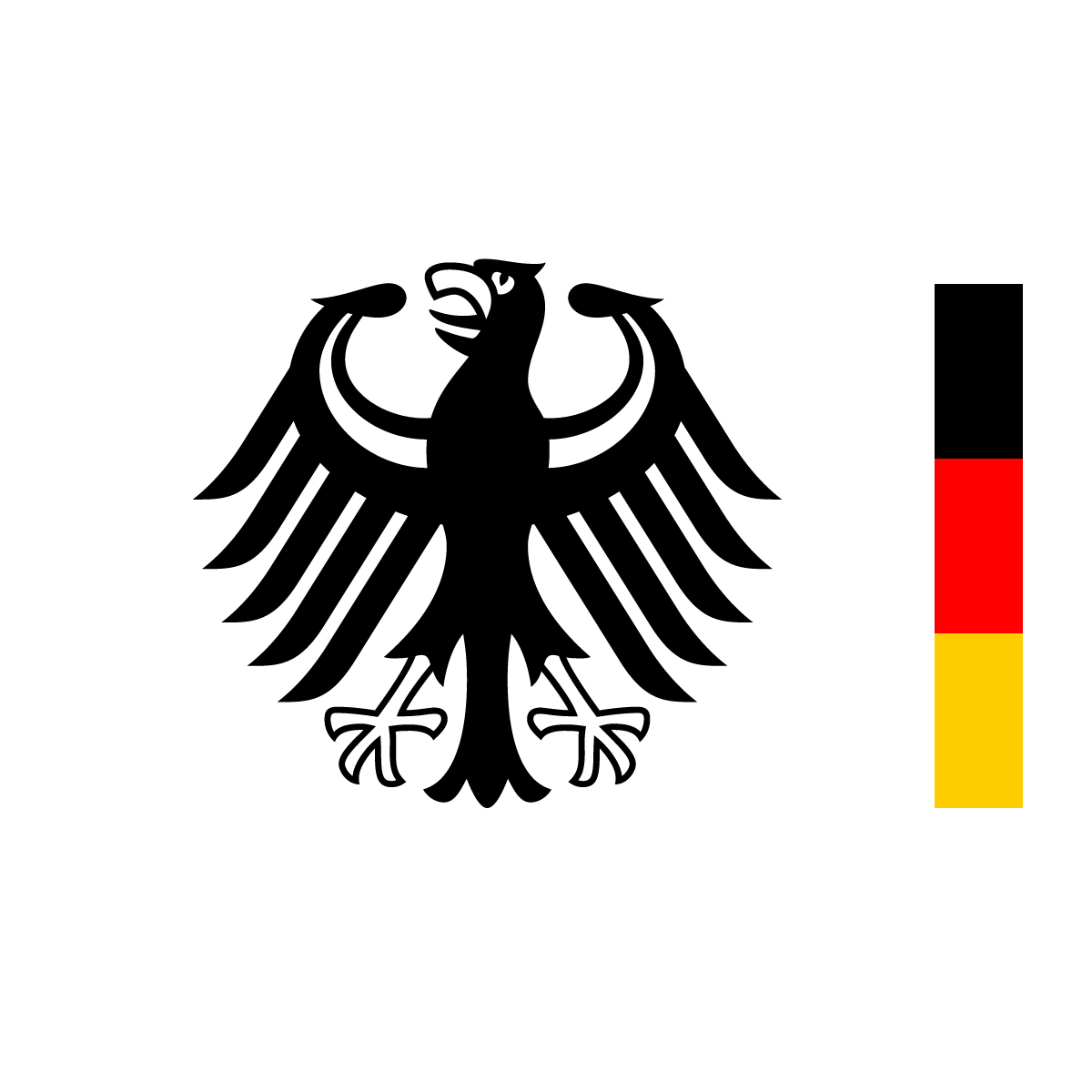It first was PIGS. Now its starting to look like BPIGS and maybe BHugePIGS.hahaha
That will teach the EU sleeping with PIGS could loose your bacon.
Bulgaria fiddling with Debt numbers, Greek style
Thursday, 10 June 2010
Greece was the founder member of the 'Erode the euro' club. Ireland, Portugal, Spain and Italy have also been in from the start, although everyone pretended not to notice at the time.
There have since been mutterings about Belgium and even France. Last week there were jitters about Hungary. And now it's Bulgaria's turn.
Hang on, you say. Hungary and Bulgaria aren't even in the euro. Why should our continental cousins worry about them?
Well, there are plenty of reasons for the eurozone countries to worry about their neighbours to the east. Here's what's spooking them, and what it means for the euro...
Firstly, news that the EU's accountants have turned up on a country's doorstep can get the rumour mill working overtime. Ever since Greece admitted that Goldman Sachs had helped it fiddle its deficit numbers, everyone's on the alert for a repeat.
"The timing of Rehn's statement was unfortunate given the last week's focus on the veracity of historical budget data in Hungary, and comparisons made to Greece's chequered track record on the data quality front", says Timothy Ash at RBS. "The EC is eager to expose any potential skeletons in the fiscal cupboard, and Bulgaria seems to be next in line in this 'cleansing' process".
In other words, senior eurocrats want to make sure Bulgaria isn't cooking its books. And that's because of the second reason. There's a big debt problem in Bulgaria.
The irony is that government borrowing is fine. The annual budget deficit – how much the government is spending over and above what it receives in taxes – is forecast to be 'only' 3% this year. And the national debt – the government's total debt pile – is likely to be just 17% of GDP by the end of this year. That compares very favourably with the EU average of 80%, and well over 100% for Greece. So Bulgaria should be able to pay its interest bills for now.
The cause for concern lies elsewhere. Bulgaria has a total external debt/GDP ratio of around 108%. That means that as a group, Bulgarian citizens owe more than they produce each year.
And because Bulgaria's currency, the lev, is pegged to the euro, this creates a rather different problem to Hungary. As John Stepek explained on Monday, many European banks made euro loans to Hungarian homeowners. When the forint dives against the euro, payments shoot up and some borrowers can't service their debts.
In contrast, lenders to Bulgaria – including Hungarian banks, incidentally – have to cope with the same issue that eurozone countries such as Greece, Ireland and Spain are suffering.
Because Bulgaria is keeping the lev pegged to the euro, the country hasn't been able to devalue its way out of trouble. That means its exports simply haven't been able to compete on the world stage.
And that's "caused a brutal and extended recession", says Ash. Real GDP shrank by 5% in 2009, and fell a further 4% in the first quarter of 2010. Unemployment has doubled in the past year to just below 10%. The economy is likely to take a long time to turn around.
Even worse, Bulgaria's growth over the past four to five years has largely been driven by a credit-based property boom. That boom is over, leaving Bulgarians with lots of debts backed by properties which aren't worth what they paid for them. Throw in a weak economy and high unemployment, and the reality is that lots of those loans simply can't and won't be repaid.
Bulgaria's finance minister says he's not worried about the EU audit. And he has no reason to be. But European banks who've lent to the country's citizens should be worrying about the risks that all that external debt poses. It's yet another potential danger to their balance sheets. It's likely to require more asset write-downs. And they've plenty of dodgy debt in their own countries to sort out without having to fret about the likes of Bulgaria.
Add it all up, and it's yet another nail in the euro's coffin. Because if European banks suffer another crisis, their governments will be under pressure to bail them out again. That means even heavier public sector debts, weaker economies and possibly even money printing, which in turn means a weaker currency.
That will teach the EU sleeping with PIGS could loose your bacon.
Bulgaria fiddling with Debt numbers, Greek style
Thursday, 10 June 2010
Greece was the founder member of the 'Erode the euro' club. Ireland, Portugal, Spain and Italy have also been in from the start, although everyone pretended not to notice at the time.
There have since been mutterings about Belgium and even France. Last week there were jitters about Hungary. And now it's Bulgaria's turn.
Hang on, you say. Hungary and Bulgaria aren't even in the euro. Why should our continental cousins worry about them?
Well, there are plenty of reasons for the eurozone countries to worry about their neighbours to the east. Here's what's spooking them, and what it means for the euro...
Firstly, news that the EU's accountants have turned up on a country's doorstep can get the rumour mill working overtime. Ever since Greece admitted that Goldman Sachs had helped it fiddle its deficit numbers, everyone's on the alert for a repeat.
"The timing of Rehn's statement was unfortunate given the last week's focus on the veracity of historical budget data in Hungary, and comparisons made to Greece's chequered track record on the data quality front", says Timothy Ash at RBS. "The EC is eager to expose any potential skeletons in the fiscal cupboard, and Bulgaria seems to be next in line in this 'cleansing' process".
In other words, senior eurocrats want to make sure Bulgaria isn't cooking its books. And that's because of the second reason. There's a big debt problem in Bulgaria.
The irony is that government borrowing is fine. The annual budget deficit – how much the government is spending over and above what it receives in taxes – is forecast to be 'only' 3% this year. And the national debt – the government's total debt pile – is likely to be just 17% of GDP by the end of this year. That compares very favourably with the EU average of 80%, and well over 100% for Greece. So Bulgaria should be able to pay its interest bills for now.
The cause for concern lies elsewhere. Bulgaria has a total external debt/GDP ratio of around 108%. That means that as a group, Bulgarian citizens owe more than they produce each year.
And because Bulgaria's currency, the lev, is pegged to the euro, this creates a rather different problem to Hungary. As John Stepek explained on Monday, many European banks made euro loans to Hungarian homeowners. When the forint dives against the euro, payments shoot up and some borrowers can't service their debts.
In contrast, lenders to Bulgaria – including Hungarian banks, incidentally – have to cope with the same issue that eurozone countries such as Greece, Ireland and Spain are suffering.
Because Bulgaria is keeping the lev pegged to the euro, the country hasn't been able to devalue its way out of trouble. That means its exports simply haven't been able to compete on the world stage.
And that's "caused a brutal and extended recession", says Ash. Real GDP shrank by 5% in 2009, and fell a further 4% in the first quarter of 2010. Unemployment has doubled in the past year to just below 10%. The economy is likely to take a long time to turn around.
Even worse, Bulgaria's growth over the past four to five years has largely been driven by a credit-based property boom. That boom is over, leaving Bulgarians with lots of debts backed by properties which aren't worth what they paid for them. Throw in a weak economy and high unemployment, and the reality is that lots of those loans simply can't and won't be repaid.
Bulgaria's finance minister says he's not worried about the EU audit. And he has no reason to be. But European banks who've lent to the country's citizens should be worrying about the risks that all that external debt poses. It's yet another potential danger to their balance sheets. It's likely to require more asset write-downs. And they've plenty of dodgy debt in their own countries to sort out without having to fret about the likes of Bulgaria.
Add it all up, and it's yet another nail in the euro's coffin. Because if European banks suffer another crisis, their governments will be under pressure to bail them out again. That means even heavier public sector debts, weaker economies and possibly even money printing, which in turn means a weaker currency.

 ahaha
ahaha



















Comment